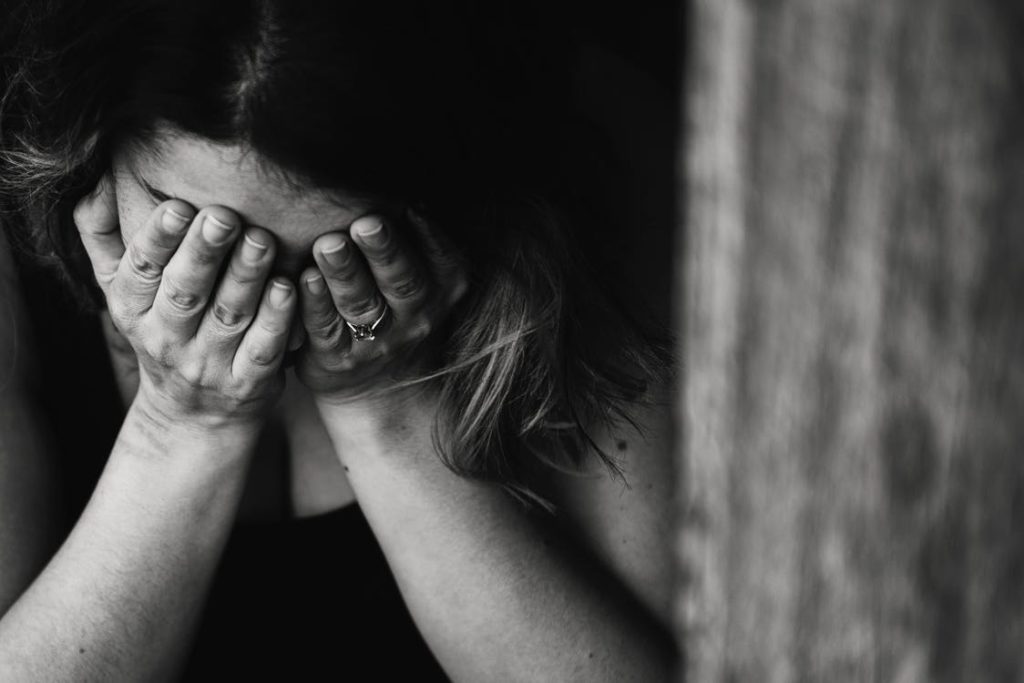
After you have had a baby, it can be both an exciting and exhausting time. Trying to get both you and your baby into a routine and the constant feeds can make you feel both tired and irritable. However, there are occasions when women will become more than just tired or agitated after the birth. Some women start to suffer from a low mood and a spiraling depression that can quickly become debilitating for the mother and be distressing for the family. How can you tell if you are suffering from post-partum depression and what can you do about it?
What Are the Symptoms?
It is important to remember that when you think about the symptoms of post-partum depression, there might be symptoms that you will get now and then. It is normal, and everyone has bad days, but with this type of depression, it is most of the time, and it is debilitating. Firstly, have you ever felt completely overwhelmed, and that you cannot cope with being a mother? Do you feel guilty because you feel you should be handling parenthood better than this? These types of feelings are a sign that something deeper might be happening rather than just being tired and stressed. Another sign can be that you haven’t bonded with your baby, you don’t feel anything toward them, or perhaps you feel anger toward them. As well as your baby, you can also feel anger toward your partner or family members, this type of anger is intense and uncontrollable. As an example, if you were unhappy with your body after birth, then you might decide to have a tummy tuck after the pregnancy with a surgeon such as Ramiro Morales MD. With a normal low mood, this would make you feel better, but with post-partum depression, it would not.
What Can You Do to Get Help?
If you are feeling these and other symptoms of post-partum depression, then it is important that you seek help. You need to speak to a therapist that can help you by discussing your feelings and trying to work through them with you. They might even be able to prescribe some medication that can help to alleviate some of the symptoms. It would also be a good idea for the therapist to speak to both parents at some point. Discussing the symptoms and how they can manifest themselves, can give your partner a better understanding of the problems you are facing. It will also give you some additional support during the first few months until you start to feel better again. The important thing to remember is that it isn’t your fault that you feel this way, and that you just need some help to get you back on track.
The road to recovery from post-partum depression can be a long and challenging one. However, with the right support and help, you and your family can get through it and start to enjoy your family life again as you want to.
